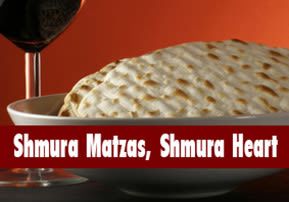
Shmura Matzas, Shmura Heart
“Chametz” in Hebrew literally means “soured”; shmura matzas are especially protected from any leavening influence. The heart needs the same protection…

People ask, “What’s all the commotion about Shmura matzot? Why should I pay $20/pound for matzah?” Shmura (Hebrew for “guarded”) matzah is made from grain that has been under special supervision from the time it was harvested to ensure that no fermentation whatsoever has occurred. This grain is then ground – oftentimes by hand – and then baked manually with the explicit intention of using it to fulfill the commandment of eating matzah on Passover.
So why are so many people – especially large Torah-observant families with limited means – willing to spend hundreds of dollars just for Shmura matzah? Many, especially Chassidim, do so to maintain the tradition of father-to-son, ever so important especially on Passover. But, intrinsically, Shmura matzah is an extra protection from the punishment of karet, the severance of a soul from Hashem, Heaven forbid, which is the consequence of eating chametz, any leavened substance, on Passover.
We do a great job in guarding our matzah. Doesn’t our heart deserve equal attention? We cling to Hashem by way of our hearts, and a blemish in the heart can also create a severance of a soul from Hashem, Heaven forbid. In fact, in the same way our dough is liable to become soured, or leavened, and therefore rendered unfit for matzah and punishable by karet if one eats in on Passover, so are our hearts liable to become soured. Let’s see how:
Our sages tell us that pondering forbidden deeds are worse than doing those forbidden deeds (Gemara, tractate Yoma 29a).
People ask, “What’s the big deal about what I think? Am I hurting anyone? Am I touching something that’s not mine?” Forbidden thoughts are a very big deal – they destroy the heart and sever a person from Hashem. Forbidden thoughts do to the heart what leavening agents do to the dough – they sour the heart.
The souring of the heart is a spiritual pickling process that works exactly the way the physical pickling process works in Jewish Law. Here’s an example: In Jewish law, if a cold piece of meat falls into a pot filled with cold milk, all one must do is to remove the meat from the milk, wash it off, and no problem – it even retains its Glatt kosher status. But, if the same piece of cold or raw meat sits in a pot of cold milk for 24 hours, it’s considered kavush, or pickled. The Gemara declares that pickled is tantamount to cooked (ibid, tractate Chullin 97b). Therefore, the meat is rendered unkosher and unfit for consumption (see Code of Jewish Law, Yora Deah 105:1), just as if it would have fallen into a vat of boiling milk.
The souring of the heart works the same way. Sometimes, a forbidden thought enters our heart. If we immediately delete it, make teshuva, and fill our hearts with good thoughts such as Torah and prayer, nothing happens. Just like the cold piece of meat, we remove our hearts from the muck and mire of forbidden thoughts, wash it off spiritually with a bit of Torah and teshuva, and keep on going with a smile on our faces. Yet, if Heaven forbid our hearts remain in the gunk of the lewd thoughts for 24 hours, then they’re rendered “pickled”, completely soured, and spiritually filthy – unfit for holiness.
That’s a big problem. Why?
The Torah commands us to love Hashem with all our hearts (see Davorim 6:5). If we designate any part of our hearts to anything other than Hashem, we are making unauthorized use of the heart. The Torah expressly forbids unauthorized use of the heart in a separate negative commandment which forbids us from straying after our contaminated hearts and eyes (Bamidbar 16:39).
So what’s the connection between the heart and the eyes? Our sages teach us that the when the eye sees what it’s not supposed to, the heart becomes contaminated with lust (see Midrash, Bamidbar Raba 10:2). Conversely, when the eye doesn’t see what it’s not supposed to see, the heart remains pure and doesn’t become contaminated. This in a nutshell explains the monumental importance of shmirat einayim, or guarding one’s eyes. With “shmura” eyes, the heart doesn’t become soured.
When a piece of meat falls into hot milk, the meat must be destroyed – you can’t even feed it to your dog. A heart that becomes “pickled” with forbidden thoughts and lewd images becomes pickled in the same way. Luckily, it doesn’t become destroyed, but Hashem must send that person excruciating tribulations – not as punishment, but as the only way to cleanse such a heart. Anyone would be best advised to guard his eyes and to protect the heart from potential threats in the first place.
Just imagine that your heart is a royal hotel suite that is designated for the King. You are the hotel owner. One grand day, the King arrives with his entourage only to find his royal suite in utter disarray. Not only that, but a drunk with muddy shoes is lying in the King’s bed on the King’s silk sheets? What humiliation!  Who can fathom the punishment that waits for the unfortunate hotel owner? He should have hired special guards to guard the entrance to the royal suite.
Who can fathom the punishment that waits for the unfortunate hotel owner? He should have hired special guards to guard the entrance to the royal suite.
 Who can fathom the punishment that waits for the unfortunate hotel owner? He should have hired special guards to guard the entrance to the royal suite.
Who can fathom the punishment that waits for the unfortunate hotel owner? He should have hired special guards to guard the entrance to the royal suite.The royal suite is our hearts. The King is Hashem. We are the hotel owners. The drunk is the Yetzer Hara, the evil inclination, and all the filthy images he panders. Our eyes are the entrance to the royal suite.
If we want Hashem to dwell in our hearts, we certainly must maintain a strong vigil over our eyes, opening them only for holy purposes.
Let’s pray that this Passover, we’ll merit having both shmura matzah and shmura hearts, amen!



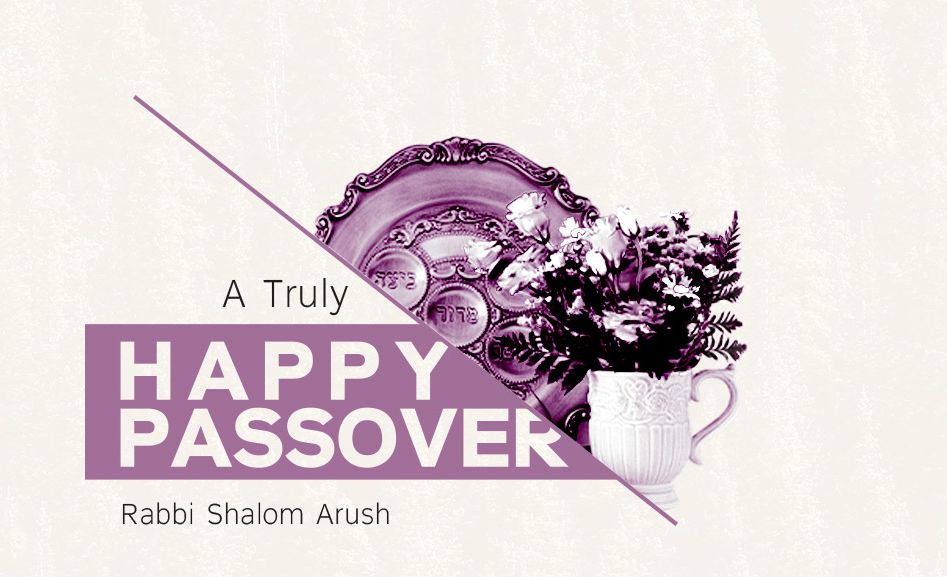
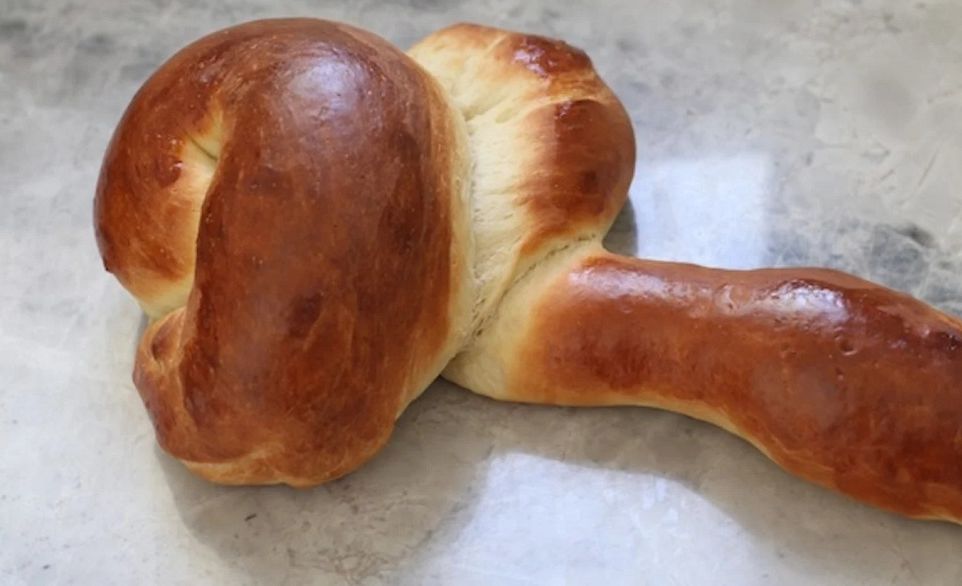
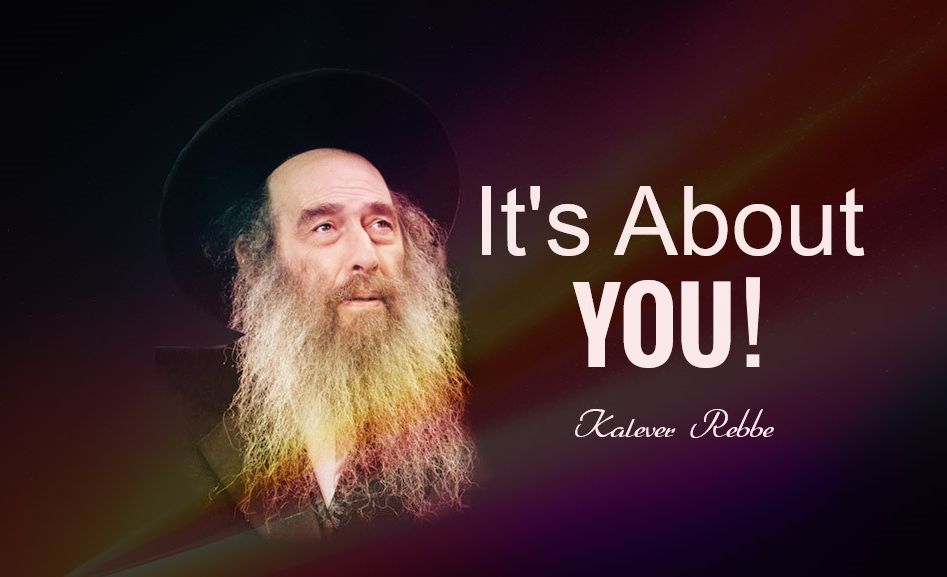
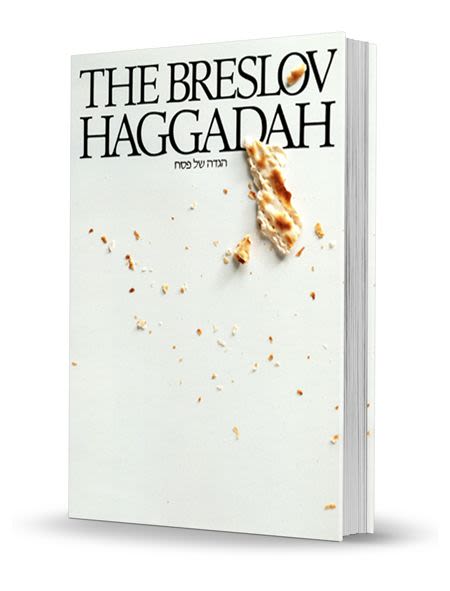
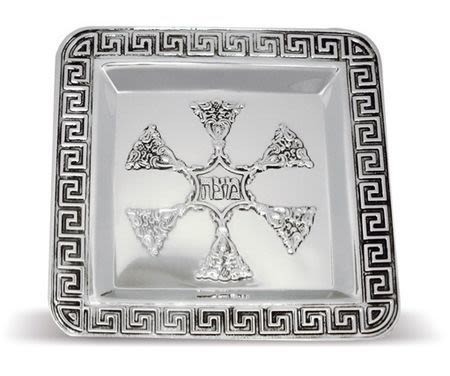




Tell us what you think!
Thank you for your comment!
It will be published after approval by the Editor.